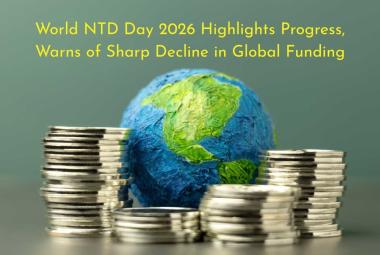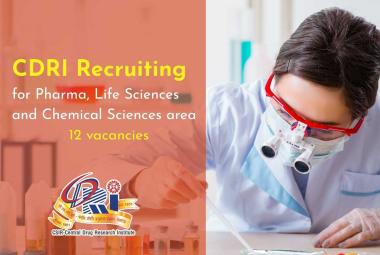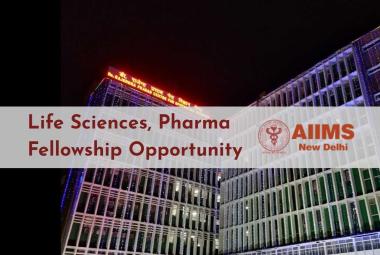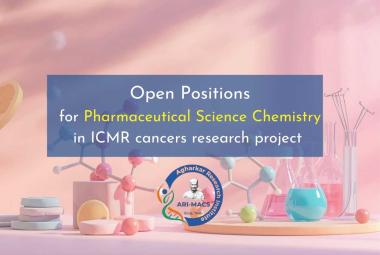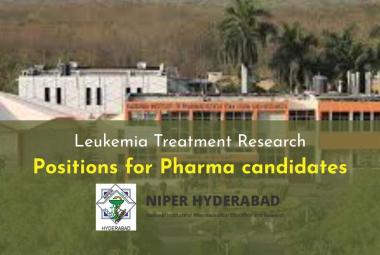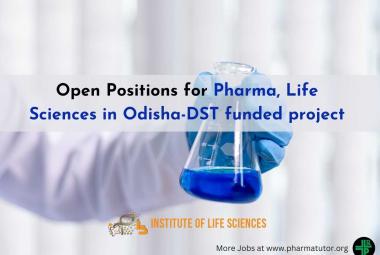Misinformation about vaccines is as contagious and dangerous as the diseases it helps to spread. The World Health Organization (WHO) welcomes Pinterest’s leadership in protecting public health by only providing evidence-based information about vaccines to its users. We hope to see other social media platforms around the world following Pinterest’s lead.
Misinformation about vaccination has spread far and fast on social media platforms in many different countries, including during critical vaccination campaigns like those for polio in Pakistan or yellow fever in South America.
Social media platforms are the way many people get their information and they will likely be major sources of information for the next generations of parents. We see this as a critical issue and one that needs our collective effort to protect people’s health and lives.
The truth is, vaccines work. Smallpox has been eradicated thanks to vaccines, and vaccines have brought us to the brink of eradicating polio. Rates of many other diseases including measles have been dramatically reduced thanks to the life-saving power of vaccines.
Vaccines are one of the most powerful innovations in the history of public health, and one of the best investments in a healthier, safer world. WHO estimates that vaccines save at least 2 million lives every year. Countless more children avoid debilitating diseases, prolonged hospital stays and time out of school.
At the same time, a social media response - while absolutely necessary - is just one part of a comprehensive approach to ensuring broad trust in vaccination; this also requires substantive efforts by governments in building health systems that are worthy of that trust and respond to parents’ needs and concerns.







